FAQ: 2020 Farm Requirements
A detailed FAQ about the Rainforest Alliance 2020 Sustainable Agriculture Standard Farm Requirements.
Home / Business / Certification / Page 20
Certification has had a huge impact in bringing sustainability to the forefront of business thinking, but it must continue to evolve to provide more value to farmers and companies and ensure that people and nature can thrive in harmony.
That's why the Rainforest Alliance launched its new Certification Program, which entered into force in July 2021. The Sustainable Agriculture Standard, along with its assurance and technology systems, are data-powered, and based on the principles of continuous improvement, risk-based assurance, contextualization, and shared responsibility. This is how we can deliver more value to the two million farmers and thousands of businesses that use Rainforest Alliance certification to drive more sustainable agricultural production and responsible supply chains.
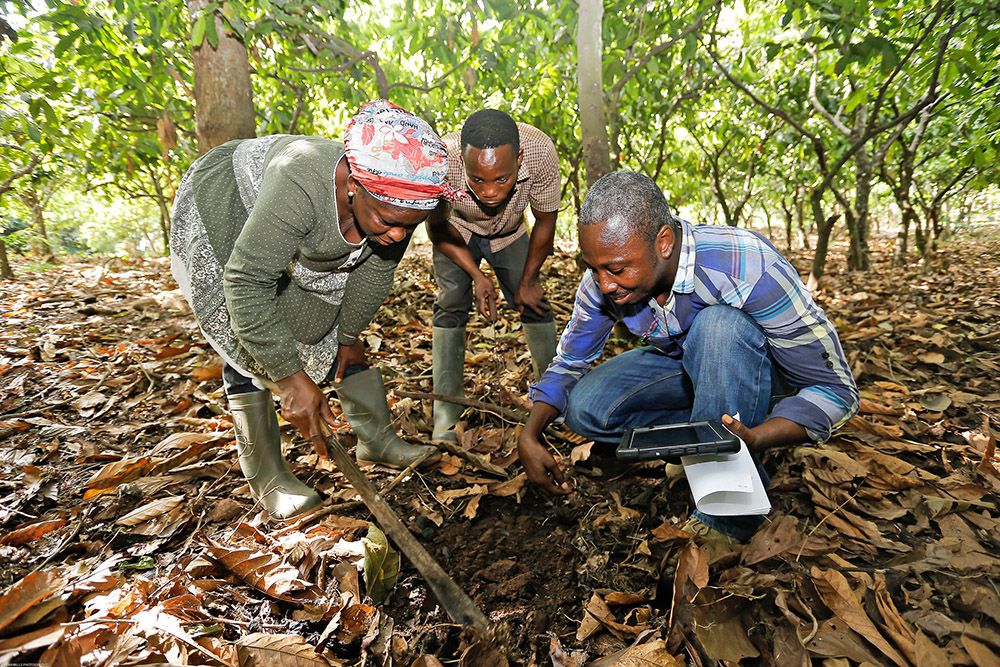
The certification program is part of the Rainforest Alliance’s strategy to drive sustainability at scale in the sectors in which we operate through interconnected interventions supporting certification, tailored supply chain services, landscapes and communities, and advocacy.
Key priorities of our cocoa strategy are assurance, shared responsibility, supply chain transparency, and profitability and resilience.
How we have tailored the implementation and verification of standards requirements on child labor and forced labor to the risk exposure of each farm.
Our shared responsibility approach aims to distribute benefits and costs of certification more evenly between farmers and companies.
Begin your journey of certification with the Rainforest Alliance.
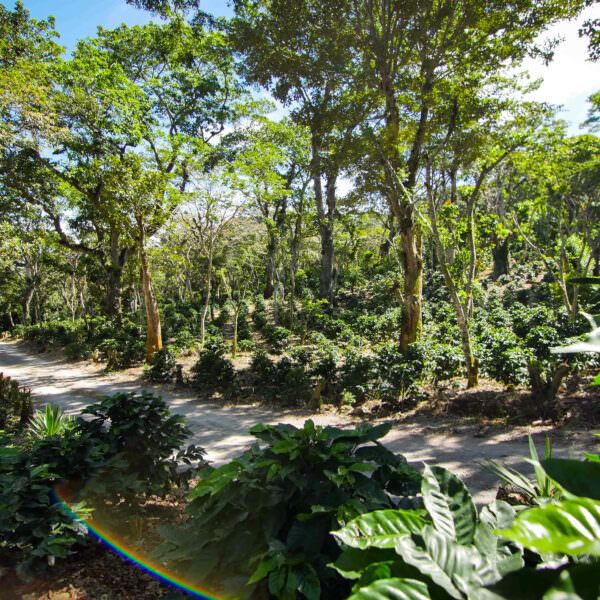
A detailed FAQ about the Rainforest Alliance 2020 Sustainable Agriculture Standard Farm Requirements.
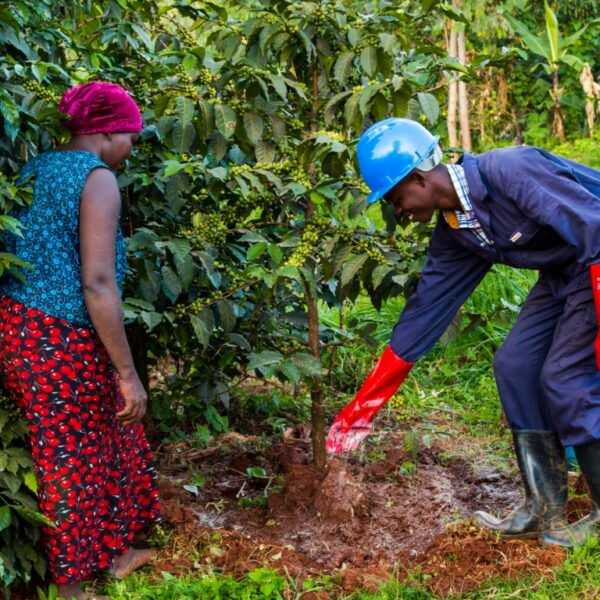
Find out what Ugandan coffee exporter, Kyagalanyi Coffee, had to say about the new program—from the improvements to the challenges.
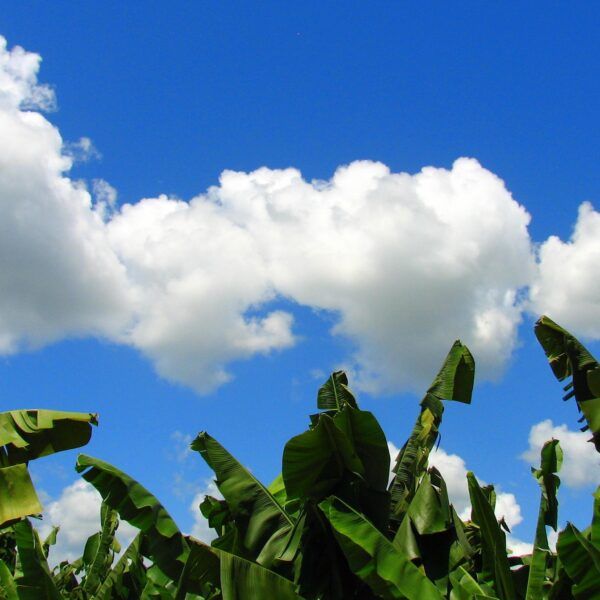
After teaming up for an early implementation pilot of our strengthened certification program, both Finca Esmeralda and the Rainforest Alliance took away learnings that will contribute to a more sustainable banana sector.
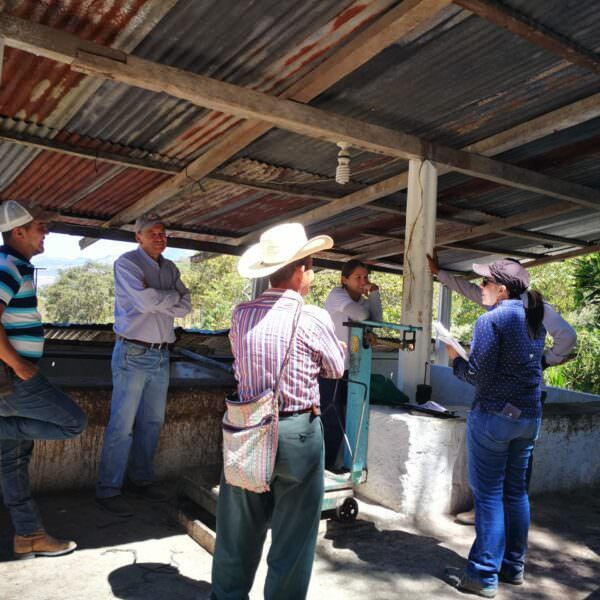
Rainforest Alliance certification is carried out by our authorized certification bodies. Find an authorized certification body in your county.

SA-GL-SD-1 The glossary of the terms used in the documents of the Rainforest Alliance Certification Program. The terms that are underlined in the Standard, are covered in the Glossary. View our online version of the glossary by visiting https://www.rainforest-alliance.org/glossary. For Version 1.3, published on February 6th, 2023, please see the adapted terms below: TERM WHAT […]
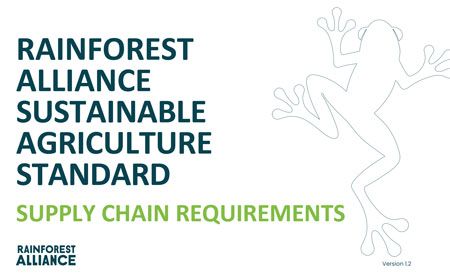
The Sustainable Agriculture Standard’s Supply Chain Requirements aim to foster transparency and responsible business practices among companies from farm to shelf.

SA-S-SD-23 This annex includes additional binding content related to the implementation of the Requirements in Chapter 5 of the Sustainable Agriculture Standard: Social. This document includes: Remediation Protocol (Previous Annex S04) (Related to requirements 1.5.1, 1.6.2, 5.1.3, 5.1.4 and 5.8.2) Methodology for Measuring Remuneration and Gaps with a Living Wage (Previous Annex S09) (Related to […]

The Biannual pesticide usage data report that Certificate Holders must keep up to date under the Exceptional Use Policy for using Rainforest Alliance Prohibited Pesticides
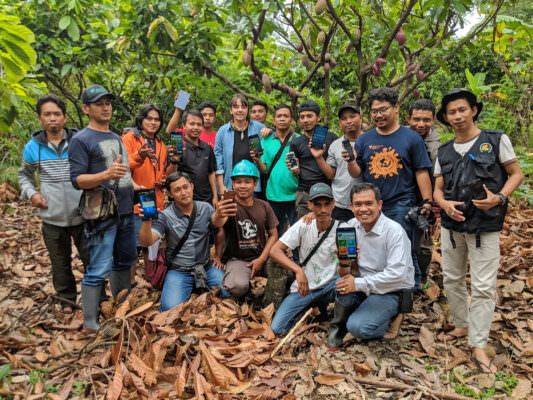
We are extending the transition timelines for farm certificate holders to allow more time to fully embrace and implement the new standard.... Continue Reading
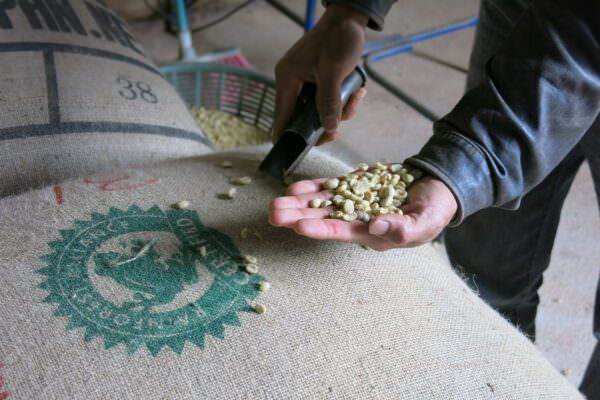
The Rainforest Alliance has set up a policy for temporary shortages in supply of certified crops that result in a product failing to meet the requirements to use the Rainforest Alliance certification seal.... Continue Reading